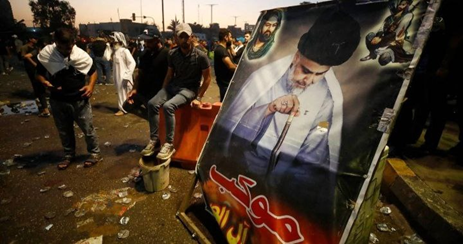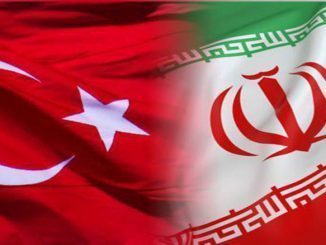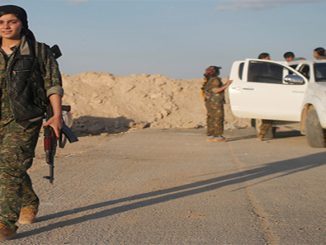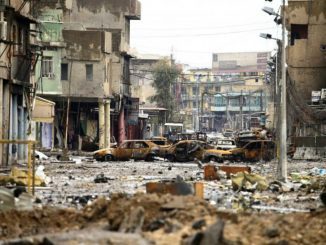
Chaos and clashes erupt in Iraq after Muqtada al-Sadr announces his decision to quit politics for ever
Several protesters were reportedly killed in Baghdad, as supporters of Muqtada al-Sadr, a very influential Shia cleric, protested following the clerk’s decision to retire from politics
On Monday morning Muqtada al-Sadr announced his resignation from politics, and since then his supporters have demonstrated wildly in Baghdad and across Iraq’s southern provinces.
Since then, supporters of Sadr’s opponents, the Coordination Framework alliance of Iran-backed Shia parties, have reportedly confronted the Sadrists with violent results.
Medical sources told AFP 15 people had been killed, all Sadrists, while other agencies have put the toll lower.
At least seven shells have fallen on Baghdad’s fortified Green Zone. It is unclear who fired them.
Prime Minister Mustafa al-Kadhimi has ordered the security forces not to fire live rounds at protesters. Sadrists briefly occupied government buildings in the Green Zone, though were cleared by security forces.
Sadr said he has gone on hunger strike until calm is restored, and sources also confirmed that he has gone on hunger strike “until the use of violence and weapons comes to an end”.
Offices belonging to Sadr’s movement and Iran-backed factions have been attacked across Iraq. Gunfire and explosions can be heard continuously in Baghdad. A countrywide curfew is being enforced.
Following the announcement that he retired from politics, Sadr supporters began marching towards government buildings in the Green Zone, the heavily fortified district of Baghdad that holds the parliament and other key institutions and embassies.
Rockets were landing inside the Green Zone late on Monday night, including near the parliament building, and sirens were triggered when a shell landed near the US embassy.
The White House said the unrest in Iraq was “disturbing”, and called for dialogue – adding that Washington had no immediate plans to evacuate staff from its embassy.
According to local media, Sadr’s supporters also stormed the provincial government building in the southern Dhi Qar governorate. T
hey also reportedly did the same in the Wasit and Maysan governorates – graffiti adorning the Maysan governorate building appeared to read “closed by the order of the people”.
Iraq’s security forces announced the imposition of a curfew across the capital from 3.30pm and closed off the entrances to Baghdad governorate.
This was later expanded, with all governorates placed under curfew from 7pm.
They also called on Sadr’s supporters to “withdraw immediately” from the Green Zone and called for restraint in order to “prevent clashes or the spilling of Iraqi blood”.
One member of the Coordination Framework, the alliance of Iran-backed Shia parties that has become Sadr’s staunch opponent, on Monday afternoon said its forces would not “interfere” in the latest Sadrist actions.
“We are waiting for government measures to deter them – we think this is an outburst of anger in reaction to Sadr’s withdrawal. We don’t think they will do anything more than create chaos for a day or two,” one prominent member of the Framework said, according to MEE.
Sadr, who once led armed forces opposed to the US occupation of Iraq, has over the past two decades been one of the most powerful political forces in the country.
He had established himself as a nationalist and opponent of the establishment, despite many of his followers holding senior government positions.
However, some online appeared sceptical about the finality of Sadr’s announcement.
“Sadr announces his retirement from politics for almost the 10th time. As usual, he’ll be back in no time,” tweeted Zeidon Alkinani, a non-resident fellow at the Arab Center Washington DC.



